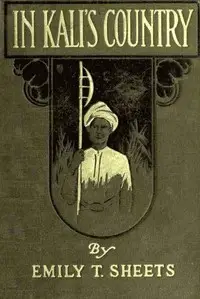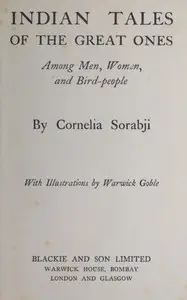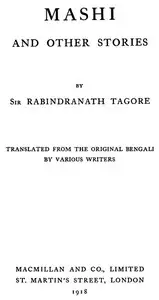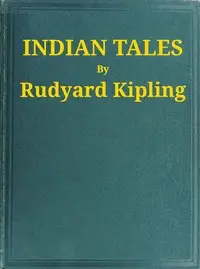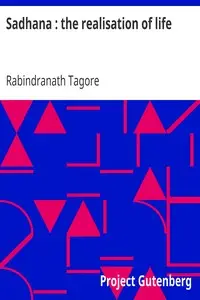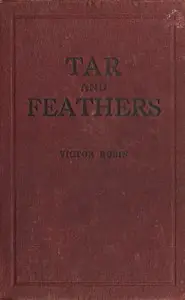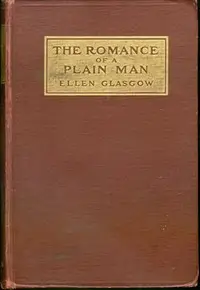"Stories from Tagore" by Rabindranath Tagore is a compilation of short stories that paints vivid pictures of early 20th-century India. The collection examines love, friendship, and what it means to be human, using characters we can all see a bit of ourselves in. Each story is like a window into real life, showing the ups and downs of the characters' hearts and minds. The collection starts with "The Cabuliwallah," where we meet Mini, a curious little girl, and Rahmun, a fruit seller from Kabul. They come from different worlds, but they become friends, sharing laughter and snacks. Their unique friendship teaches important lessons about love and saying goodbye, setting the stage for more stories that show how people can connect, even when they seem very different.
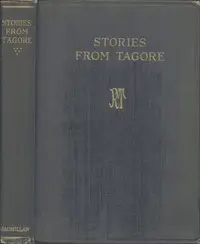
Stories from Tagore
By Rabindranath Tagore
Amidst a vibrant tapestry of Indian life, discover heartwarming tales of friendship, love, and loss that bridge cultural divides and explore the depths of the human spirit.
Summary
About the AuthorRabindranath Tagore was a Bengali poet, writer, playwright, composer, philosopher, social reformer, and painter of the Bengal Renaissance. He reshaped Bengali literature and music as well as Indian art with Contextual Modernism in the late 19th and early 20th centuries. Author of the "profoundly sensitive, fresh and beautiful" poetry of Gitanjali, in 1913 Tagore became the first non-European and the first lyricist to win the Nobel Prize in Literature. Tagore's poetic songs were viewed as spiritual and mercurial; where his elegant prose and magical poetry were widely popular in the Indian subcontinent. He was a fellow of the Royal Asiatic Society. Referred to as "the Bard of Bengal", Tagore was known by the sobriquets Gurudeb, Kobiguru, and Biswokobi.
Rabindranath Tagore was a Bengali poet, writer, playwright, composer, philosopher, social reformer, and painter of the Bengal Renaissance. He reshaped Bengali literature and music as well as Indian art with Contextual Modernism in the late 19th and early 20th centuries. Author of the "profoundly sensitive, fresh and beautiful" poetry of Gitanjali, in 1913 Tagore became the first non-European and the first lyricist to win the Nobel Prize in Literature. Tagore's poetic songs were viewed as spiritual and mercurial; where his elegant prose and magical poetry were widely popular in the Indian subcontinent. He was a fellow of the Royal Asiatic Society. Referred to as "the Bard of Bengal", Tagore was known by the sobriquets Gurudeb, Kobiguru, and Biswokobi.


